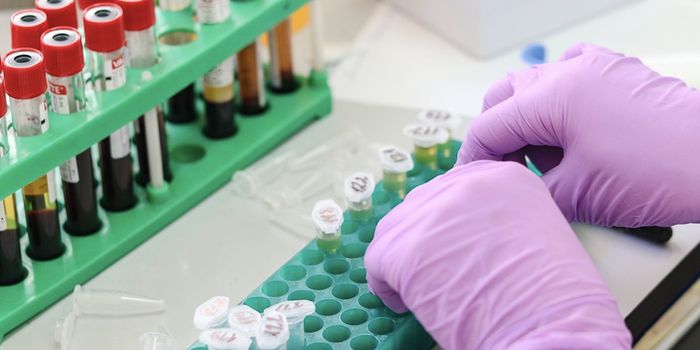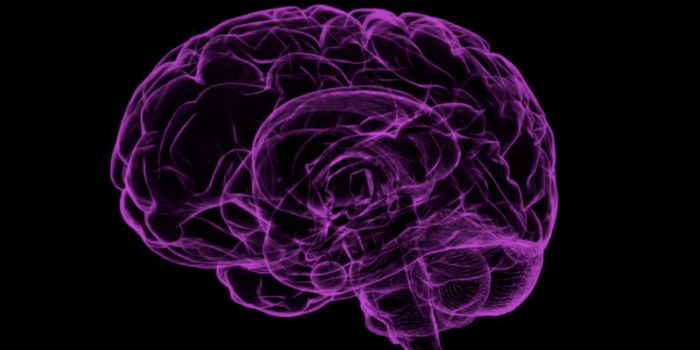How Does the Brain Recover After an Injury?
A recent report by the 2022 Lancet Neurology Commission has highlighted the prevalence of traumatic brain injury (TBI), which is still the world's leading cause of injury-related death and disability; an estimated 55 million people around the world are affected every year. Traffic accidents and home falls are primary causes of TBI in adults, and over 90 percent are classified as 'mild' injuries. The incidence of TBI in children, who are often injured during sports, is also rising. Mild traumatic brain injuries are also known as concussions. However, more than half of TBI patients have not fully recovered within 6 months of the incident. Genetic factors may affect how people recover from TBI.
The researchers added that TBI can become a chronic condition. They noted that blood-based biomarkers are often a more reliable diagnostic for TBI than CT scans. Avoiding a CT scan also means people won't be exposed to radiation.
Another study recently published in Neurology assessed how well mixed martial arts (MMA) fighters had recovered after they had stopped fighting. Research has shown that repeated blows to the head can leave a person vulnerable to a wide variety of disorders, including chronic traumatic encephalopathy (CTE), or behavioral and cognitive problems.
This study indicated, however, that people can recover some of the cognitive and memory function that had been lost due to head trauma. In this research, the investigators examined 45 active fighters with an average age of 30 and 45 retired fighters with an average age of 32; all of the study participants were male. Brain scans, biomarkers of brain injury, and various cognitive tests were all assessed at the start of the study and again after three years.
Over that period, there was a decrease in the biomarker of injury, called neurofilament light chain, in retired fighters but not active fighters, in which levels did not change. There was also improvement in the cognitive function of retired fighters while function went down in active fighters. Several regions in the brain of retired fighters remained stable over the course of the study, while in active fighters, some regions were changing constantly.
An unrelated study recently reported in NeuroImage has shown that in children with mild TBI, there was a 15 percent increase in the risk of behavioral or emotional probems compared to kids that had not been injured. This work tracked 340 kids for several years, and will continue to follow up as they get older.
The American Academy of Pediatrics (AAP) has also recently noted that on average, every hour of every day, four American children go to the emergency rooms because they were injured in an ATV accident. The AAP is recommending that kids stay off of ATVs, or at least use a helmet when they're on one.
It's been estimated that 33 million kids experience a concussion, or mild TBI, every year. They may be caused by sports, recreation, motor vehicle accidents, and assaults. A sweeping analysis of 11,373 articles showed that in kids, concussion symptoms have been found to persist for more than four weeks post-injury in about 30 percent of affected youth. Those symptoms can include headaches, and cognitive, emotional, and sleep difficulties.
So how do clinicians know when it's safe for student athletes who have experienced a milder head injury or concussion to return to play? The vast majority of kids, about 85 to 90 percent, need fewer than four weeks to recover from a concussion, according to Douglas P. Terry, PhD, a neuropsychologist at the Sport Concussion Center of Vanderbilt University.
Affected children might be given a few days to rest with no sport activity, then a few days with light activity, gradually returning to normal activity with contact over another few days. It may be advisable for anyone diagnosed with a concussion to get cleared by a doctor before playing their sport again.
Terry and colleagues examined medical records from 524 patients aged 12 to 23, and who had a median Post-Concussion Symptom Scale of 24. They identified four factors that influenced whether children with a concussion would need additional visits to a medical clinic: whether the patient had one or more relatives with a psychiatric disorder; a history of one or more other concussions; higher PCSS scores; and children that were younger. The findings were reported in the Clinical Journal of Sports Medicine.
Other factors had less of an influence on whether concussed kids would need follow-ups with a doctor, such as whether or not the child had gone to the emergency room immediately after the injury; a family or personal history of migraines; and learning or behavioral disorders.
"Optimal concussion care should reduce the chances of suffering long-term adverse consequences or entering return-to-play protocols prematurely, " noted Terry. "Knowledge of significant variables associated with additional clinic visits may contribute to better expectations understood by patients and their families during the recovery process."
Sources: Neurology, 2022 Lancet Neurology Commission, AAP, Clinical Journal of Sports Medicine









